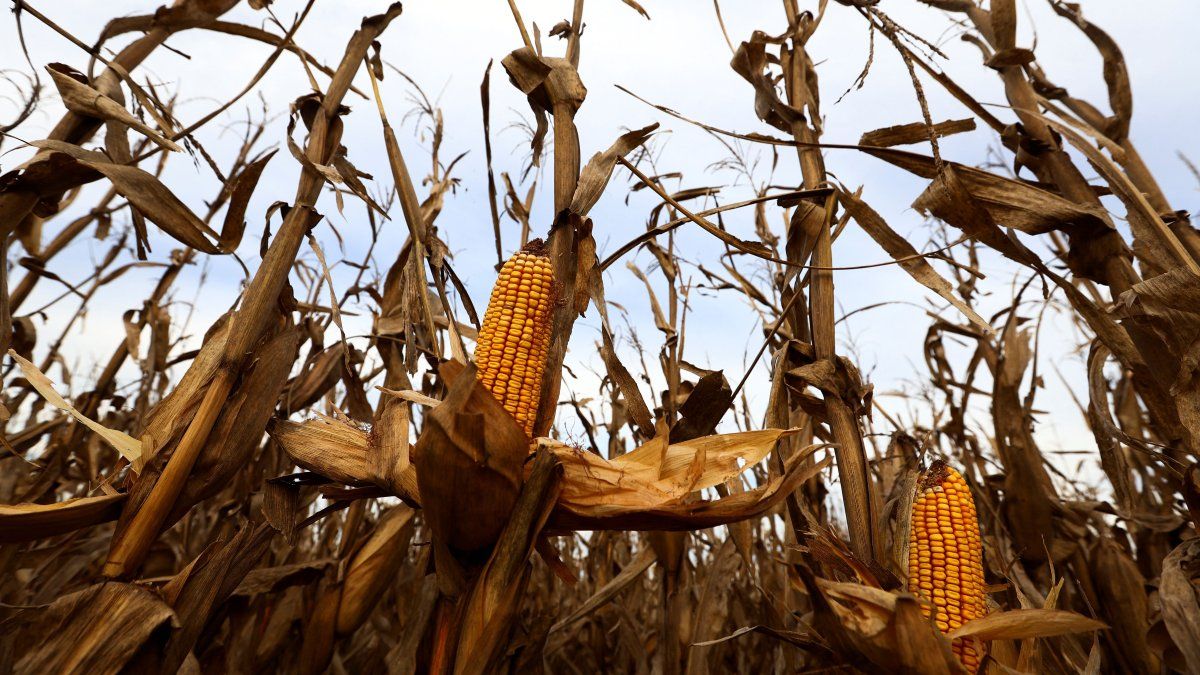The research will provide information to understand the biology, distribution and evolution of the insect, which will help predict and mitigate future outbreaks and epidemics.
The Agricultural Research Center of the INTA managed to sequence the genome of the leafhopper, an insect vector of diseases that in the 2023/24 campaign caused very serious losses in the corn, said the Bioeconomy Secretariat. who pointed out that the advance will serve to combat the plague in the future.
The content you want to access is exclusive to subscribers.
Due to the damage caused by the extraordinary growth in the population of these insects, the Rosario Stock Exchange had to cut its estimate for 2023/24 corn production by 20% to 47.5 million tons.


Experts pointed out that the unusual number of leafhoppers seen in the fields in recent months is due to the few frosts reported during the winter of 2023.
The insect population is usually limited by temperatures around 0 degrees Celsius.
Development can help improve corn genetics
“This research will provide information to understand the biology, distribution and evolution of the insect, which will help predict and mitigate future outbreaks and epidemics,” The Government said in a statement, and confirmed that INTA’s achievement is the first worldwide.
The development can also help improve corn genetics since “it could be possible to understand aspects such as the insect’s immunity genes (…) as well as genes associated with its interaction with infected plants and pathogens,” explained the Bioeconomy Secretariat.
Analysts have indicated that due to the serious losses caused by the leafhopper, the area planted with corn – the crop affected by the insect – would fall in the 2024/25 season, although an autumn/winter campaign with several cases of frost in rural areas improves the prospects for cereal.
Source: Ambito




